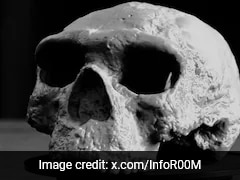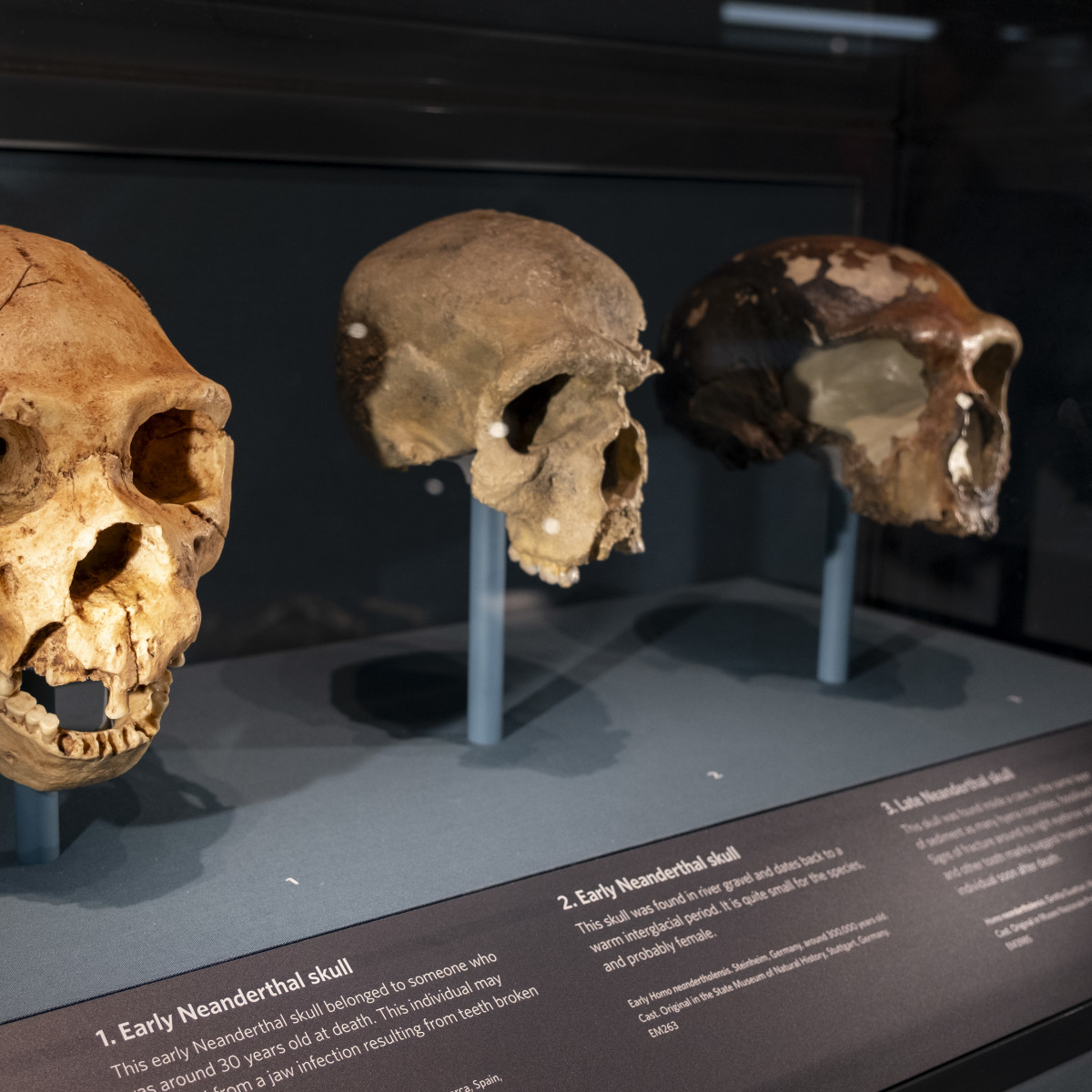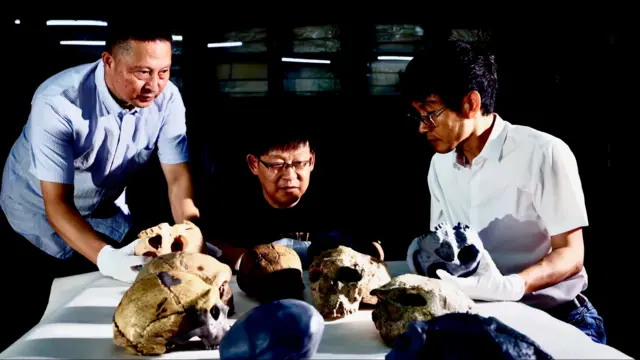Human Skull Discovery Challenges Timeline of Human Evolution
Human skull remains unearthed in China are reshaping scientists’ understanding of how and when modern humans emerged. The fossil, believed to be around one million years old, was discovered during a recent excavation and could significantly push back the evolutionary timeline of Homo sapiens by nearly half a million years. This remarkable finding indicates that our species may have started evolving far earlier than the widely accepted estimate of around 300,000 years ago.

Researchers involved in the study say the discovery also suggests that early humans co-existed with other species like Neanderthals for a much longer period than previously thought. If confirmed, this could mean that the human evolutionary tree is more complex and interconnected than scientists have long believed.
Human Skull Provides New Insights into Ancient Human Origins
The newly discovered human skull has features that bridge the gap between ancient hominins and modern humans. According to the research team, certain cranial structures show early signs of traits associated with Homo sapiens, even though the skull predates all known fossils of our species by several hundred thousand years. This suggests that the evolutionary process leading to modern humans began much earlier and may have involved a prolonged period of interaction with sister species.

Scientists have long debated the timeline of human evolution, with some arguing that Homo sapiens appeared as early as 500,000 years ago. However, most evidence until now has pointed to a more recent origin, around 300,000 years ago in Africa. This fossil challenges that timeline and opens up new possibilities about where and when key evolutionary changes took place.
The skull’s age and unique characteristics hint that early human populations in East Asia may have played a more significant role in the evolutionary story than previously recognized. It also suggests that migration, genetic mixing, and adaptation were more widespread and complex processes. Also Read: China Cut Import Duties to 0 : A Game-Changing Boost for India’s Pharma Industry
Human Skull Study Faces Debate but Holds Revolutionary Potential
While the new findings are considered groundbreaking, not all experts agree on the conclusions. Some researchers have praised the discovery as a major step forward, while others urge caution, saying the fossil evidence, though compelling, is not yet definitive proof of an earlier Homo sapiens lineage.

Critics point out that interpreting ancient skull features is inherently difficult, and overlapping traits among different human species can lead to multiple plausible explanations. Despite this, most scientists agree that the discovery provides valuable data that will likely fuel deeper investigations into human origins.
If further research supports the study’s conclusions, it could lead to a fundamental rewrite of human evolutionary history. It might also mean that the interactions between Homo sapiens, Neanderthals, and other ancient relatives were more extensive and prolonged than previously assumed.
Conclusion:
The discovery of a million-year-old human skull in China marks a potentially historic moment in the study of human evolution. By challenging existing theories about when and how our species emerged, the fossil forces scientists to reconsider long-held assumptions about our past. While debates will continue, one thing is clear this finding could reshape our understanding of humanity’s origins and how we came to be who we are today.

